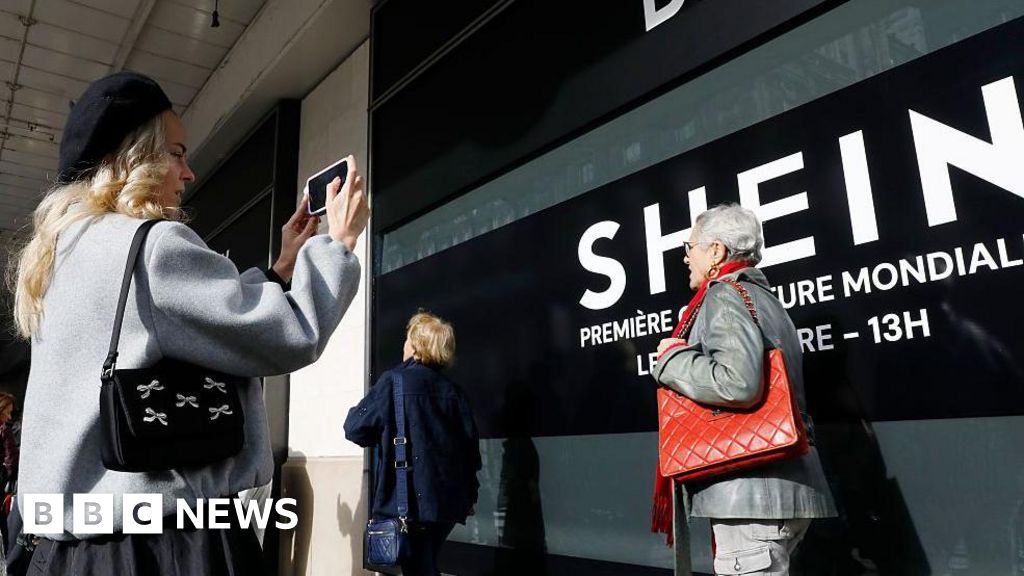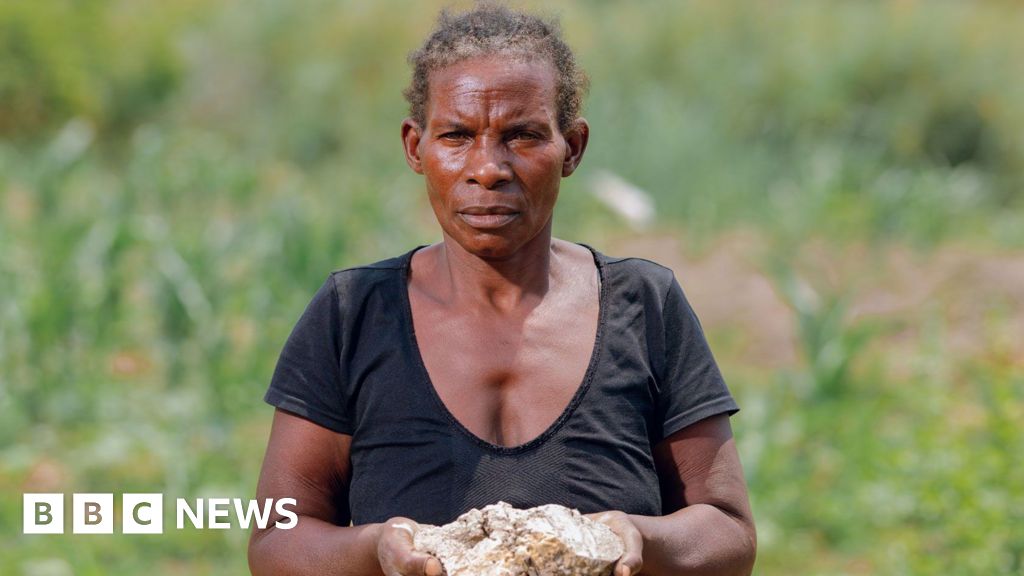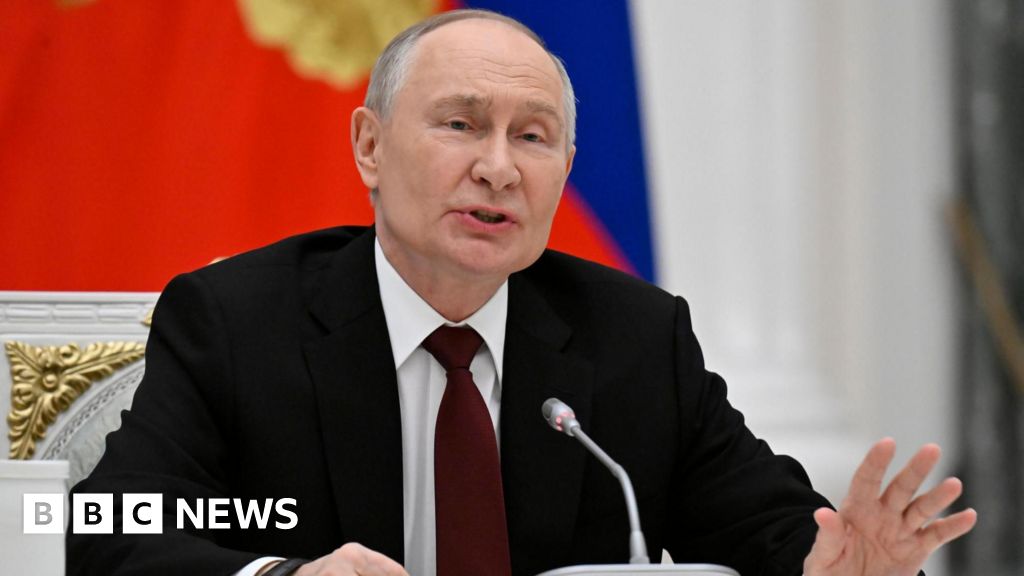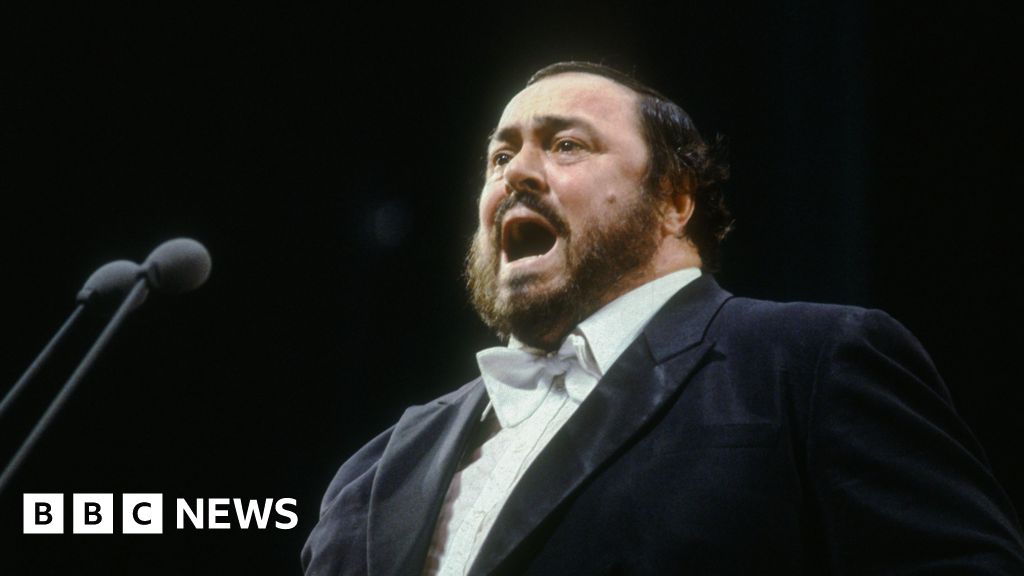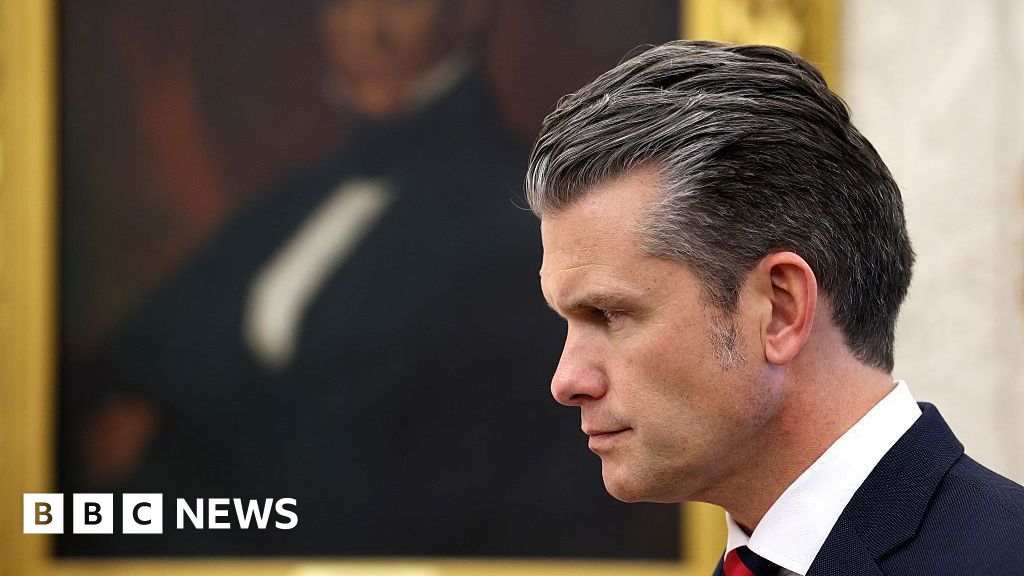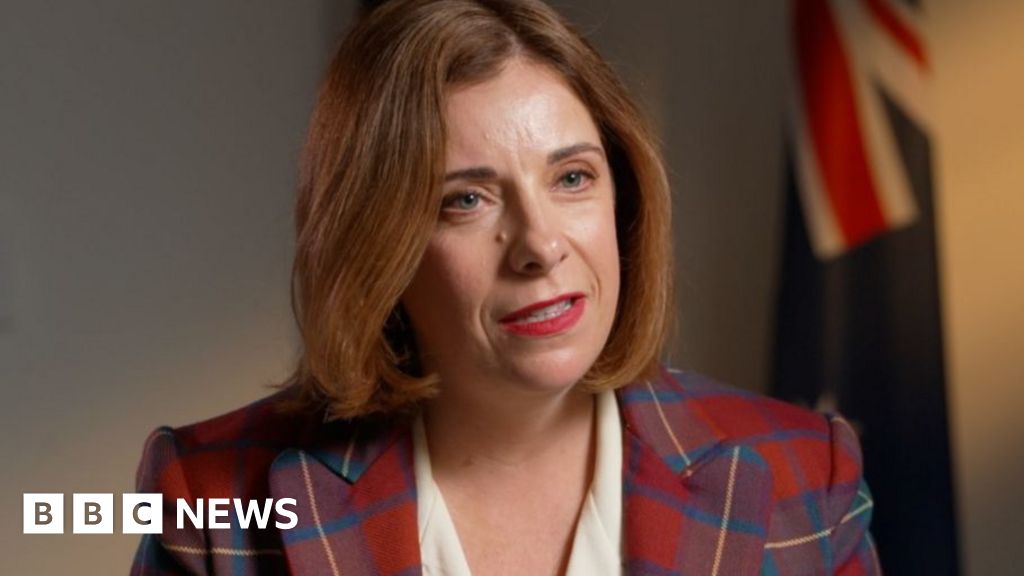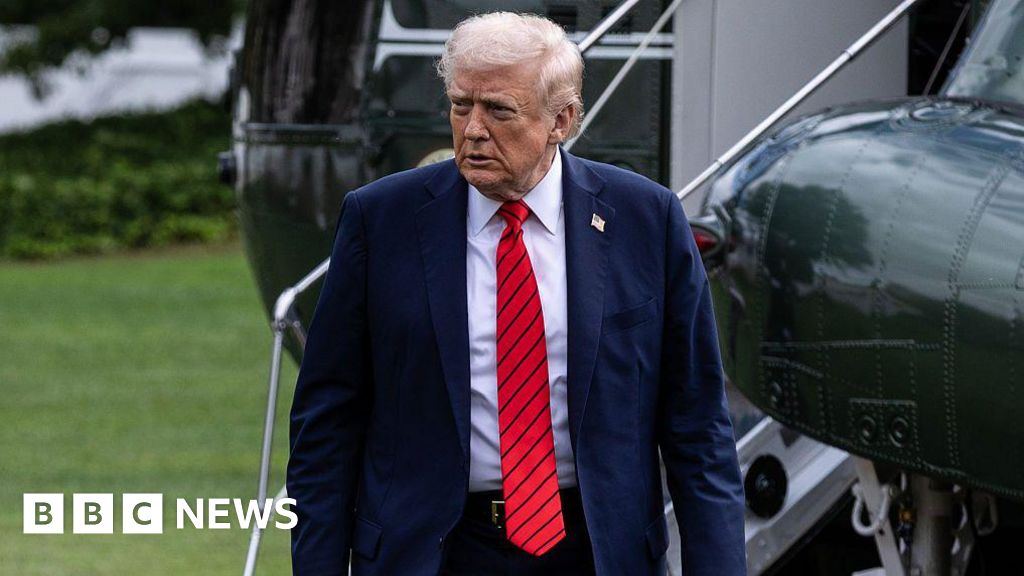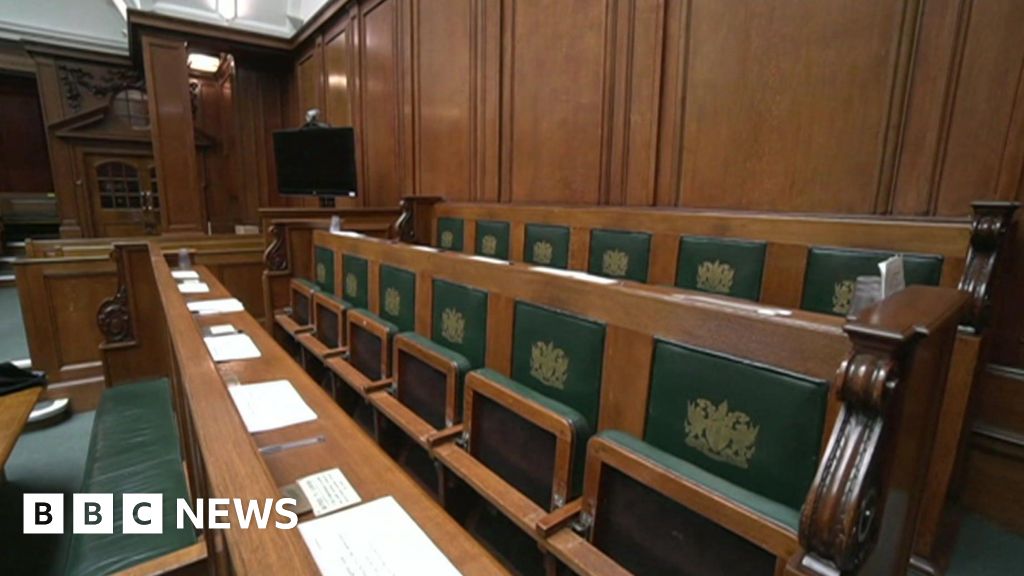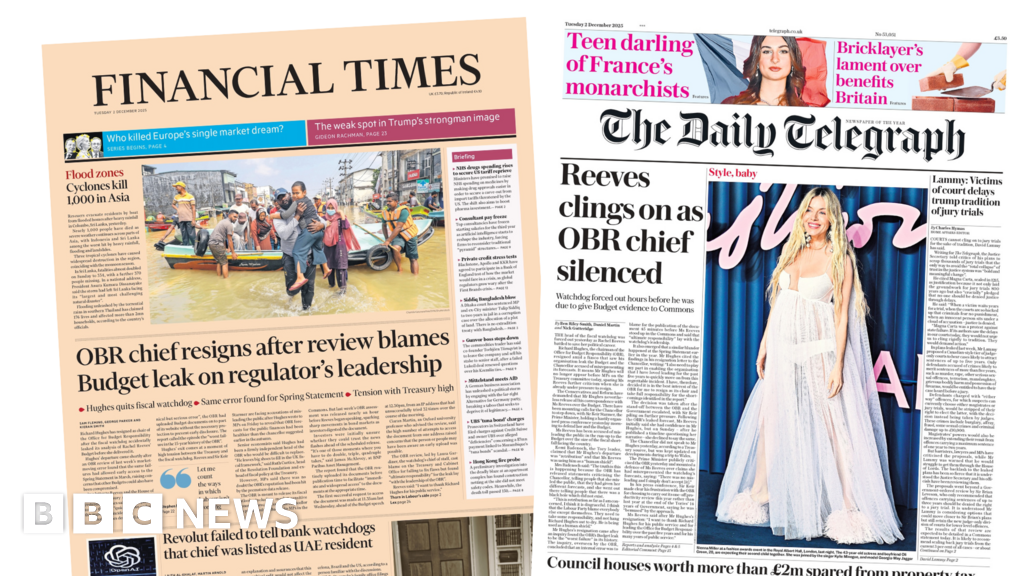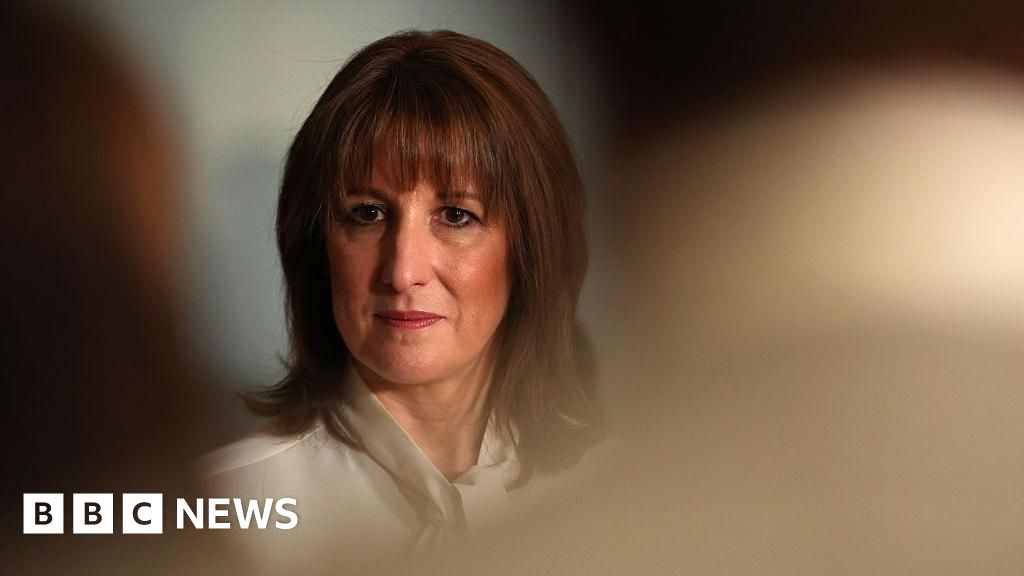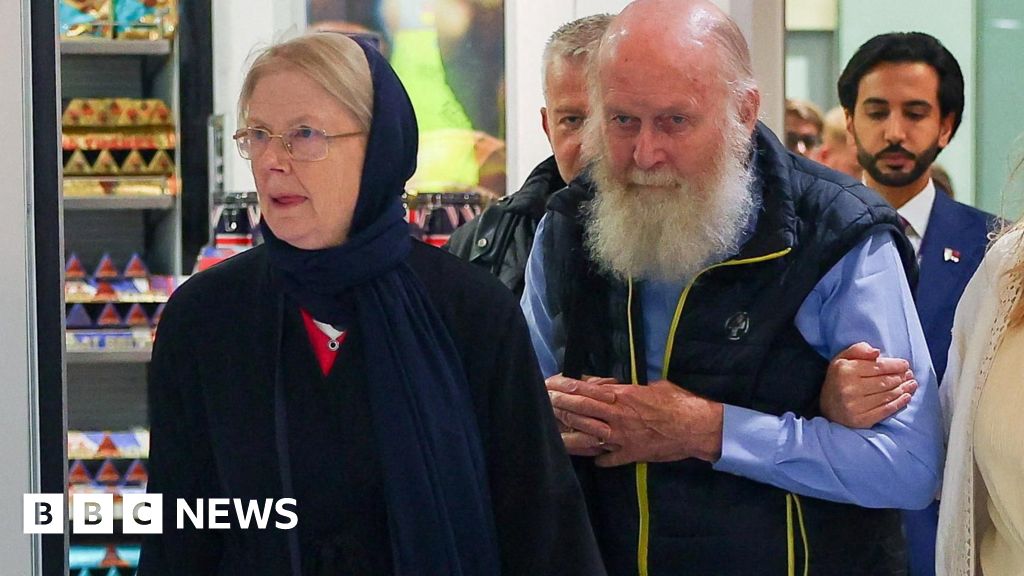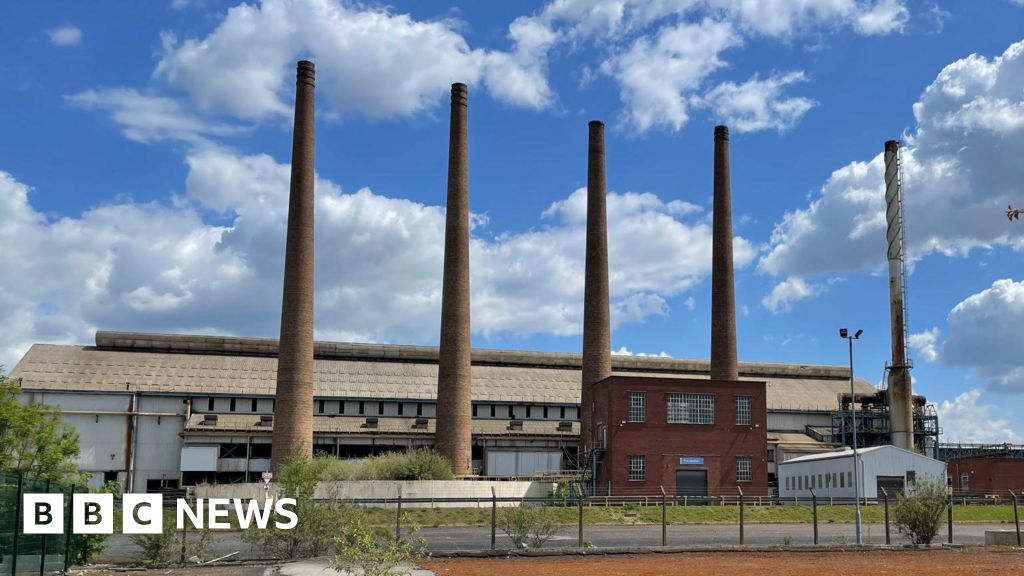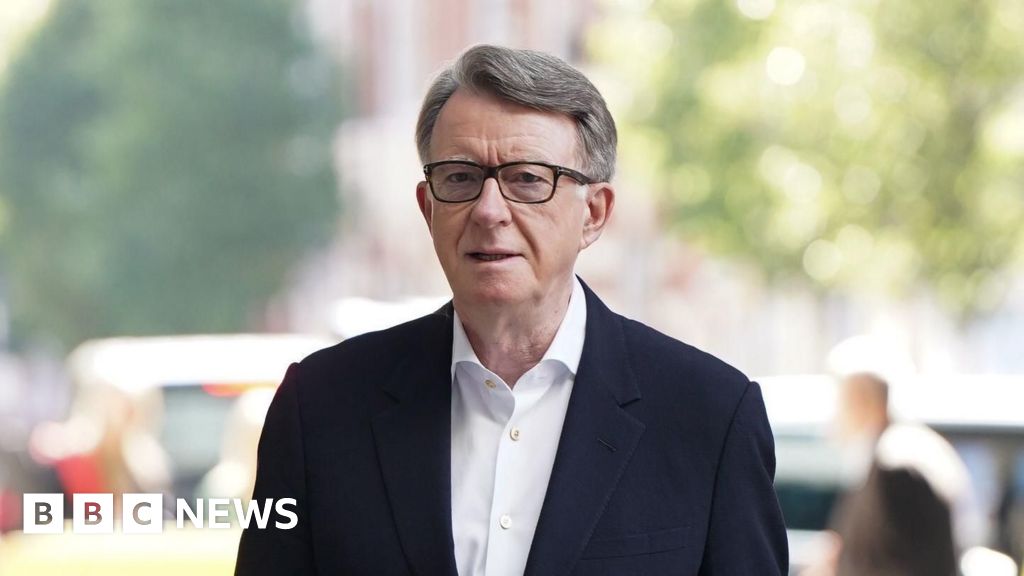Tom EdgingtonBBC Verify, Washington DC

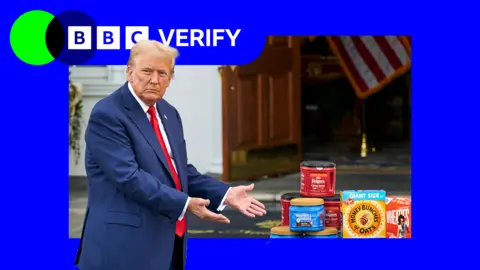 Getty Images
Getty Images
President Donald Trump was swept to power for a second time on the back of a central campaign promise to tackle inflation.
The steep rise in the cost of living was top of voters' minds and Trump blamed President Joe Biden.
He also made sweeping promises to bring down prices for Americans "starting on day one".
One year on from his victory, BBC Verify revisits some of the president's claims.
Groceries
"When I win, I will immediately bring prices down, starting on Day One," Trump declared at an August 2024 news conference surrounded by packaged foods, milk, meats and eggs.
Official data - which includes a four-month period when Biden was still president - shows grocery prices rose by 2.7% in the 12 months to September 2025, with some items seeing significantly sharper increases:
- Coffee: 18.9%
- Ground beef (minced beef): 12.9%
- Bananas: 6.9%
Since Trump took office in January, the data also shows that apart from one recorded fall in April, grocery prices have risen each month.
"The president of the United States has very little control over the price of food, especially in the short term," food economics expert Professor David Ortega told BBC Verify.
Trump's tariffs are driving up prices of certain foods, he said - a third of coffee consumed in the US comes from Brazil and therefore has a 50% tariff.
Trump's illegal immigration crackdown may also have had an impact, Ortega adds, especially in farming where as many as 40% of workers are estimated to be undocumented, which is close to a million people.
"As you know, farmers and companies have to raise wages in order to attract more labour. But trying to quantify those impacts in terms of price increase is almost impossible at the moment."
Diane Swonk, the chief economist for KPMG, believes tariff and immigration policy changes have contributed to higher costs.
"There's no question that those shifts are now starting to show up as inflation pressures," she said.
But she adds that other factors, including weather events, have contributed.
"On coffee you had climate issues for a very bad growing season and that was exacerbated by a tariff on Brazil and also Colombia," she said.

 Getty Images
Getty Images
A White House official told BBC Verify President Trump did not control weather patterns in South America and coffee prices hikes were a global phenomenon.
Data that tracks the cost of coffee shows prices have risen globally, peaking in February, but are now falling.
The same official said the president was addressing rising beef prices by temporarily increasing imports.
While grocery prices are up overall, not every item has become more expensive.
When Trump succeeded Biden in January, the price of a dozen large eggs was $4.93 (£3.79), rising to a record high of $6.23 (£4.78) in March following bird flu outbreaks.
Since then prices have fallen to $3.49 (£2.68) a dozen.
"President Trump's supply-side policies are taming Joe Biden's inflation crisis," White House Spokesman Kush Desai said.
Other items that have fallen in price over the past 12 months include: butter and margarine (-2%), ice cream (-0.7%) and frozen vegetables (-0.7%).
Electricity
During his campaign, Trump pledged to cut electricity bills sharply.
"Under my administration we will be slashing energy and electricity prices by half within 12 months, at a maximum 18 months," he told a rally in August 2024.
Since he became president, prices have risen.
The latest figures show average residential electricity rates reached 17.62 cents per kWh (kilowatt hour) in August 2025 - up from 15.94 cents per kWh in January 2025, according to the US Energy Information Administration.

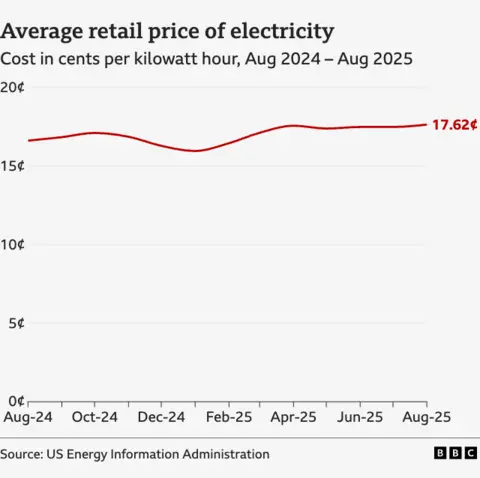
"It was technically impossible [to halve prices] at the time he made the promise," according to Professor James Sweeney from the Stanford Precourt Institute for Energy.
Electricity prices not only reflect the cost of generation but also the expense of delivering it through "the wires and the transformers and everything else", he explained.
Prof Sweeney attributes the increase to both demand and supply issues.
"We have a surge in demand mostly driven by data centres. People creating images using artificial intelligence are using significant amounts of electricity."

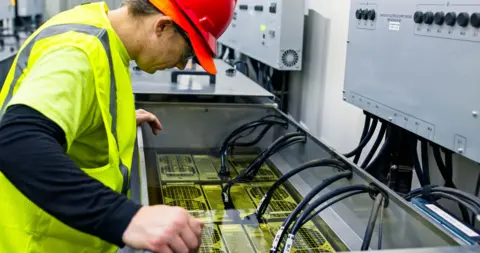 Getty Images
Getty Images
Prof Sweeney says there has been a surge in demand for electricity mostly driven by data centres.
He added that cuts to renewable energy subsidies and tariffs on imported steel - which raise the cost of building new power generators - have also pushed up prices.
Swonk agreed that the AI boom is pushing up prices, especially for those on lower incomes.
"It exacerbates inequality because consumers that have more access to solar panels and renewables tend to be wealthier households," she said.
In response a White House official said that Trump was expanding coal, natural gas and nuclear power, which was "the only viable way to meet the growing energy demand and to lower energy prices".
Cars
At a campaign rally in September 2024, Trump extended his grocery pledge to cars, telling supporters: "We're going to get the prices down… groceries, cars, everything".
However, the average price of a new car topped $50,000 (£38,411) for the first time ever in September, up from $48,283 (£37,092) in January according to Kelley Blue Book, a US vehicle valuation research company.

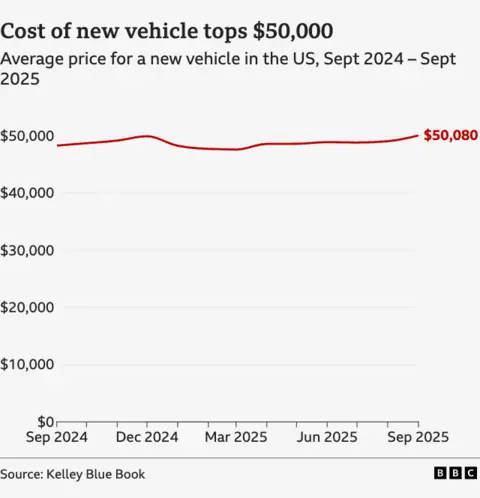
Car prices typically rise 2-3% a year, explained Erin Keating from Cox Automotive.
"Tariffs, which have been the biggest factor in the automotive industry over the last 12 months, have been nothing but inflationary."
She explained new car prices are increasing by about 4% a year, with tariffs contributing at least one percentage point.
"We really think in 2026 that's going to go higher because most of the manufacturers are holding their fire on raising prices directly due to tariffs, but they're going to have to come in at some point."
Keating did point to tax breaks for people in Trump's spending bill, which she believes may incentivise people to buy new cars.
When asked about the rising price of cars, a White House official told BBC Verify the administration had taken historic regulatory actions to "reverse the left's radical energy scam and save billions annually".

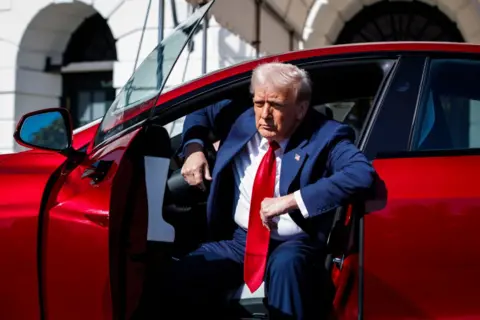 Getty Images
Getty Images
A White House official said the administration had taken historic regulatory actions to "save billions annually".
Gasoline


.png)
 3 weeks ago
22
3 weeks ago
22



